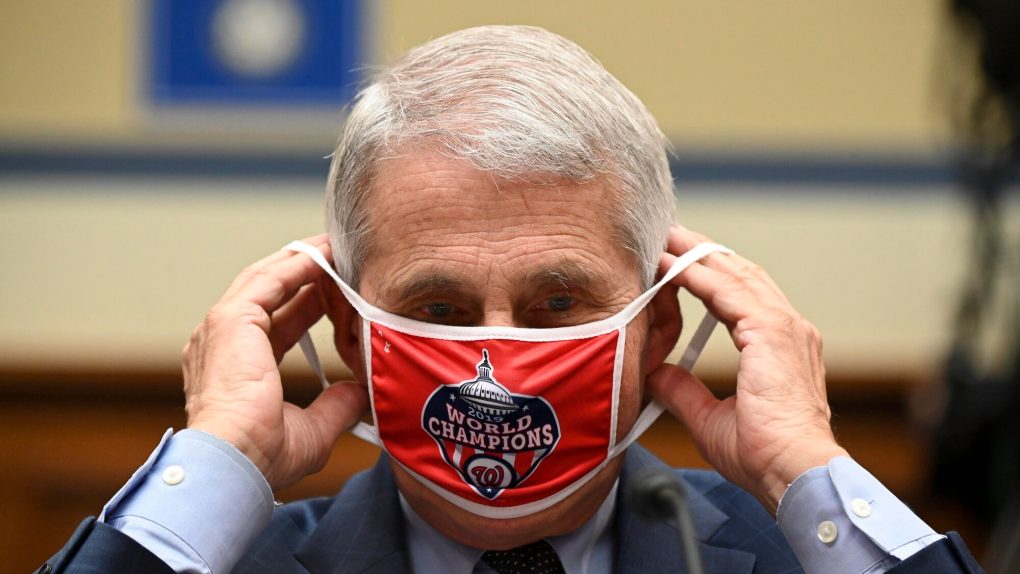- A coronavirus vaccine won’t automatically bring about the end of the COVID-19 pandemic, according to White House health advisor Dr. Anthony Fauci.
- In an interview with The Wall Street Journal, Dr. Fauci explained that there are two important variables regarding a vaccine that will determine the end of the coronavirus pandemic.
- The coronavirus vaccine has to be both effective enough, and enough people also have to actually get vaccinated.
As of Sunday of this week, new confirmed cases of the COVID-19 coronavirus are up at least 5% in more than half of all US states, according to a new CNBC analysis of data from Johns Hopkins University. Globally, meanwhile, the latest data only reiterates that the toll of the coronavirus pandemic has been swift, merciless, and truly staggering.
There have been more than 1 million deaths worldwide as of the time of this writing that were attributable to the coronavirus. According to White House health advisor Dr. Anthony Fauci, though, the US “has been the worst-hit country in the world” and has demonstrated a stunning “lack of success … in containing this outbreak,” as he put it to a Harvard Medical School audience in recent days. Because the US has seen more than 7.1 million cases of the virus and more than 204,000 deaths thus far, it should go without saying, a coronavirus vaccine can’t get here soon enough.
About those vaccines, though: People may be under the impression that once the first doses start to get administered that it will be a matter of days or weeks before life as we know it goes back to normal. In an interview with The Wall Street Journal, Fauci explained not only why that’s an overly naive assumption, but also — if one important thing doesn’t come to pass regarding a vaccine, experts like Fauci wonder if the coronavirus pandemic might, in fact, never truly end, as scary as that is to contemplate.
Fauci’s point is something we’ve noted before, and Harvard Global Health Institute director Ashish Jha probably said it best: “It’s not a vaccine that will save us. It’s vaccination.” In other words, enough people actually have to take the thing for it to have a broad effect across the population.
There are two variables regarding a coronavirus vaccine that will help bring about the end of the pandemic, Fauci explained to the WSJ.
“It’s the combination of how effective a vaccine is and how many people use it,” he said.
“When you have a situation where either not very many people are getting vaccinated or the vaccine is not highly effective, then you have to rely on the combination of the public health measures. In combination with the vaccine, the fundamental goal is to get the level of infection in the country so low that when (there are) little blips of infection, you can easily control them.”
Unfortunately, there are worrisome signs along these lines, in terms of people’s willingness to take a first-generation coronavirus vaccine. Perhaps due in part to fears of safety considering how fast these first vaccines have come together, a recent poll found that a whopping two-thirds of Americans say they don’t intend to get the vaccine when it becomes available.








